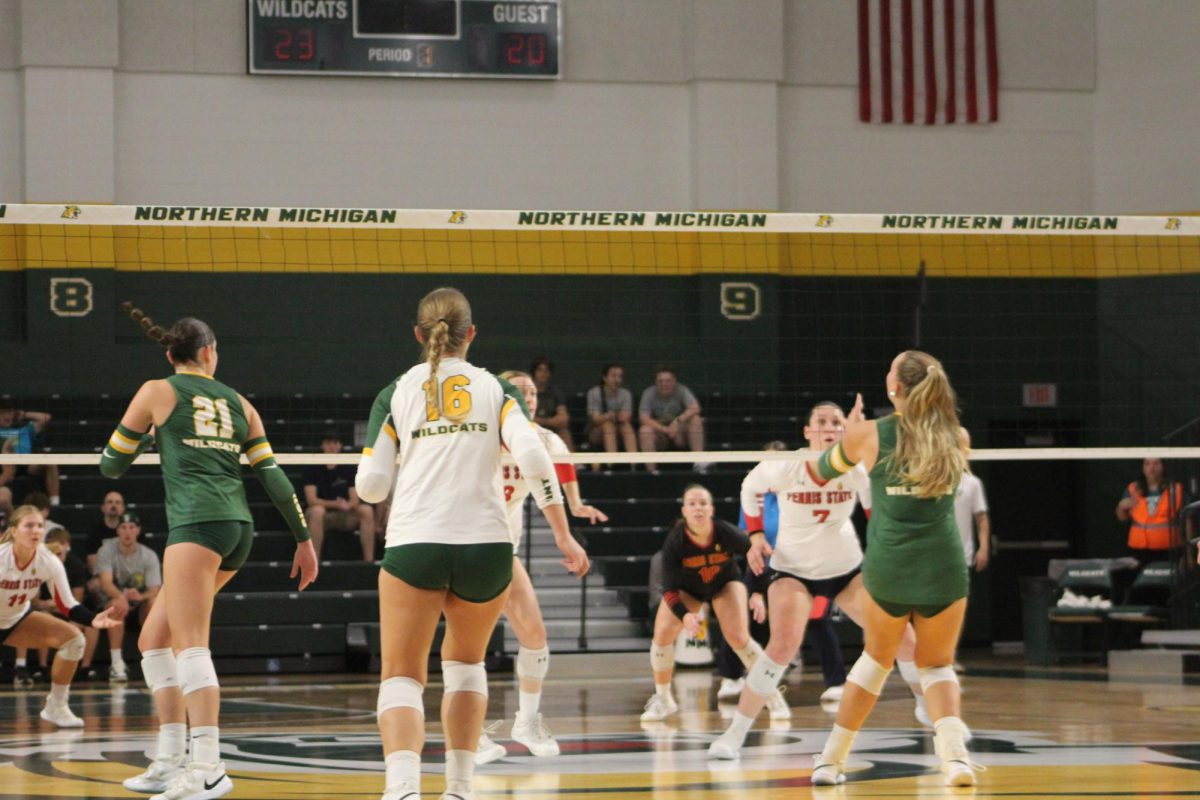Raise your hand if you have ever watched wrestling during the Olympics.
OK, put your hands down. Now, raise your hand if you have ever watching the modern pentathlon during the Olympics.
Raise your hand if you know what the modern pentathlon is. You know, the combination of horse riding, shooting, fencing, swimming and running?
If you’re still lost, you’ll be surprised to hear that last week the executive board of the International Olympic Committee (IOC) voted to remove wrestling as a core sport of the Olympic program, beginning in 2020. This decision was made as part of a review of 26 summer sports, with the intentions of removing one and adding one later this year, according to ESPN.
The IOC program commission report analyzed the sports with 39 criteria that ranged from TV ratings, to ticket sales and global participation.
Despite being one of the Olympics’ most historic events and the national sport of several participating countries, wrestling — both freestyle and Greco-Roman — ranked low in several categories.
Wrestling has been a part of the Olympics since the inaugural games in 1896, and its origins as a sport are ancient. It’s a classic part of the Olympic program, and its removal will negatively affect hundreds of participating countries.
The news of the decision to remove wrestling is both upsetting and shocking, but it becomes even more surprising when looking at the core sports that the IOC executive board recently added or chose to keep in place of wrestling.
The modern pentathlon had been considered the underdog going into the IOC’s vote but statistically ranked slightly higher than wrestling in some categories. Other sports that were recently added, such as golf and BMX biking, just do not compare to the Olympic prestige of wrestling.
Watching middle-aged men swing a club at a little white ball doesn’t provide half the entertainment value of an aggressive battle between two skillful athletes in peak physical condition. Olympic sports shouldn’t overlap with recreation.
Northern Michigan University takes the IOC’s decision personally, because it could contribute to the loss of one of the two remaining USOEC programs – one being Greco-Roman wrestling. Several programs were recently cut due to funding issues, including short-track speedskating, boxing and freestyle wrestling.
The USOEC is something that we pride ourselves on here, and Marquette is a safe, secluded place for athletes to focus on Olympic dreams while getting an education. The one-of-a-kind program makes typical students excited to attend NMU; it’s a great selling point for admissions that has undoubtedly contributed to a portion of enrollment decisions.
As a student-athlete at NMU, I have seen firsthand how much effort our USOEC Greco-Roman wrestlers put into training for such a physically demanding sport. They have Olympic dreams and have spent hours a day for years of their lives pursing greatness.
While there is no impending deadline on other major wrestling competitions, none of these carry the same significance to athletes as the Olympics. No competition is as ceremonious, as prestigious or as close to the hearts of competitors all around the world; athletes are not just representing themselves or their team, they’re representing everyone in their country.
Campaigns to save Olympic wrestling have sprouted across the globe, as the sport is currently represented in 180 countries. The Olympic Committee of Russia, a wrestling powerhouse, plans to appeal to the IOC to restore wrestling to the program, according to ESPN.
The Internet has exploded with webpages, hashtags and petitions promoting the rescue of one of the original Olympic sports. The decision to cut wrestling will not be made permanent until May, so there is time to show support of the sport. Get involved in the movement to save Olympic wrestling and our university’s original USOEC program.






















